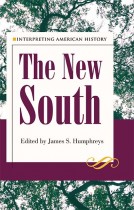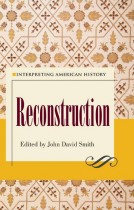Slavery
Aaron Astor and Thomas C. Buchanan | Filed under: Civil War Era, History, Interpreting American History
To fully understand the various ways in which slavery has been depicted and described is a difficult task. Like any other important historical issue, this requires a thorough grasp of the underlying history, methodological developments over time, and the contemporary politics and culture of historians’ own times. And the case of slavery is further complicated, of course, by changes in the legal and political status of African Americans in the 20th and 21st centuries.





